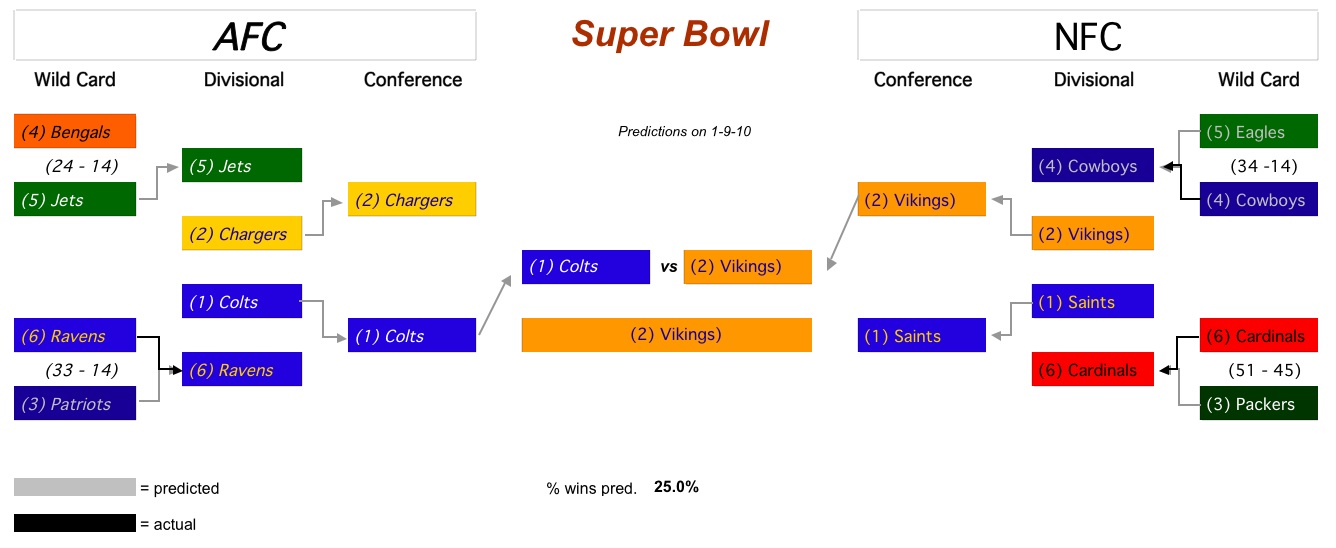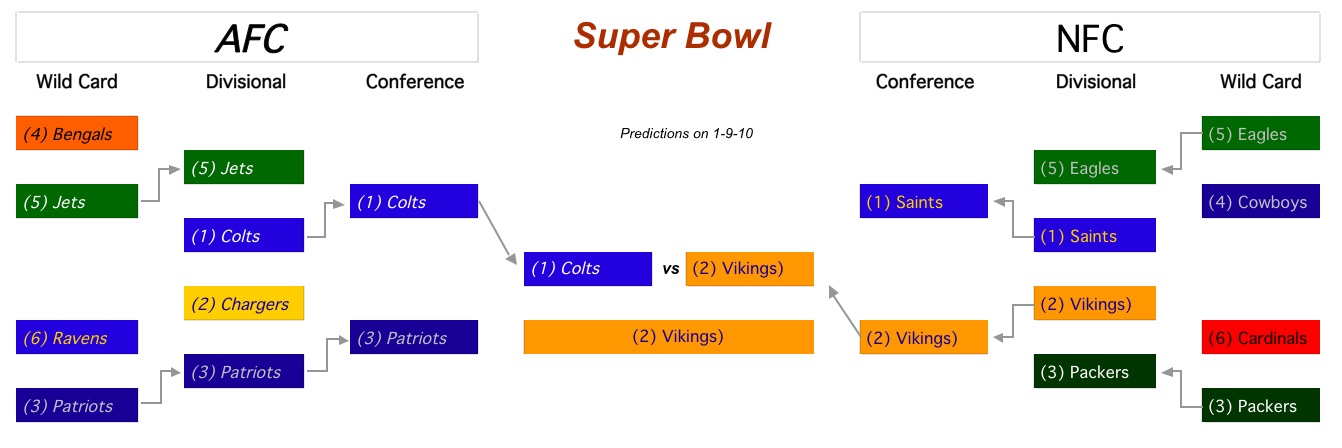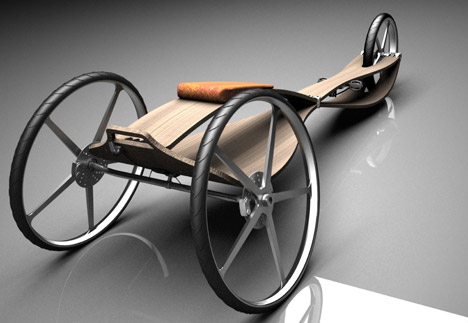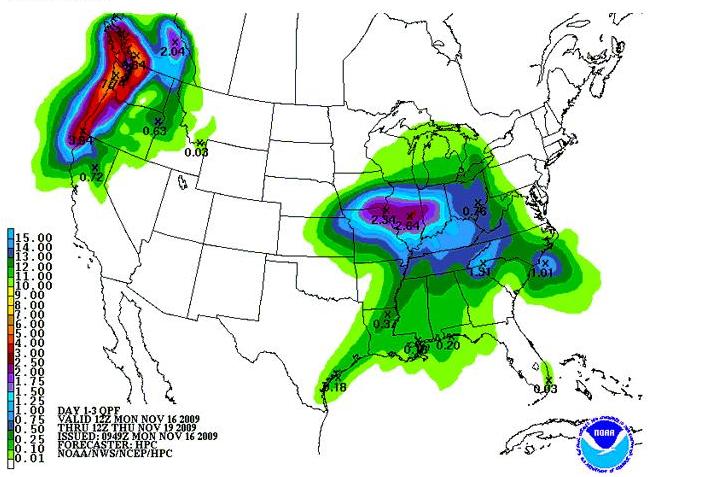A sample text widget
Etiam pulvinar consectetur dolor sed malesuada. Ut convallis
euismod dolor nec pretium. Nunc ut tristique massa.
Nam sodales mi vitae dolor ullamcorper et vulputate enim accumsan.
Morbi orci magna, tincidunt vitae molestie nec, molestie at mi. Nulla nulla lorem,
suscipit in posuere in, interdum non magna.
|
I love headlines on finance pages, especially this one from 11:45 pm today: Stocks Rise After Better-Than-Expected GDP Report

Stocks rise? Really?? Perhaps “rose” would be a better verb choice, although I admit it doesn’t convey the Breaking News sort of excitement that the present tense “rise” does. And we all need more Breaking News in our day, right?
Wow, Massachusetts. Wow. I didn’t know you had it in you to elect an R. As a liberal, it pains me to see health care reform put in question just as it is getting close to resolution. As a conservative, I’m glad to see that a super-majority no longer exists in the Senate. Yes, I did just refer to myself as both a liberal and a conservative. Because I am. And so are you.
I really hate the mass stereotypification of politics, because it glosses over so many important, salient details of real life in America. Like the fact that it is possible to want health care reform without wanting government control of one’s every move; that it is possible to support healthy national security without requiring invasion of other countries or treating non-Americans, well, tortuously. Like the truth that politics, and government, and big business, and small business, and non-profits, and individual people are filled with a mixture of failure and success, corruption and honesty. In politics, as in life, balance and compromise are the key, as is an unfaltering desire to grow, change, learn, and pay attention.
So whether you think today’s special election was a victory or a defeat, there is still much work to be done. If 60 votes cannot be found for a health care reform bill, perhaps a bill should be written that would not require 60 votes to pass. Or other compromises should be found in order to regain the needed 60 votes. My point is that we would have a lot to gain as a country by refusing to allow ourselves to become polarized so easily, refusing to align ourselves so deeply with an ideology that we forget what we actually believe, and rejecting the idea that “change”, or “truth”, or “freedom” can only be promoted by and defended by and entrusted to one specific political party or way of thinking. Perhaps, just maybe, if we could think and act as if these things were supposed to be promoted and defended by none other than ourselves, we could learn to work together, build consensus through compromise, and actually get something done. Maybe.
Now to my favorite topic…
When it rains, it pours. Literally. Today, 1.55 inches of rain fell at SFO. This may not seem like much to anyone who has lived east of the Mississippi, but out here in the west that is a huge number, one that eclipses the previous one-day record by nearly 50%. I can tell you that today’s storms, starting at 4 am, and continuing as I write, are the strongest I have seen since moving to California almost 5 years ago. I hope the levees hold.
Last week, I correctly predicted one game out of four. This week, I will make up for it:

Earthquakes, earthquakes everywhere. Last Thursday I felt some shaking in my office which turned out to have nothing to do with the crazy tenants on the 10th floor and everything to do with a 4.1-magnitude ‘quake centered near Fremont, about 40 miles away. Friday, there was a 3.8, which I did not feel, but still seems that it must count for something. Saturday, there was another one which I also did not feel, this time a 6.5 quake just outside Eureka. If we can judge earthquake strength by the icon size used to represent it on the usgs site, this one was a monster:

Since my office is full of (mostly) engineers, some of which specialize solely in earthquakes, I have heard quite a few presentations about the likelihood, even immanence, of a large quake striking the Bay Area and the necessity of preparation. The crazy part is that there is still, as far as I can tell, very little we know about earthquakes when it comes to prediction. I haven’t been able to get a straight answer on whether A) these quakes are just the warmup for The Big One, or B) these quakes are releasing some built-up tension between the plates and therefore reducing the chance of a disastrous quake. I don’t think anybody knows the answer.
We do know, however, that if a big quake hits, there probably would be no electricity, natural gas or tap water for weeks, limited bridge access, and all sorts of other significant challenges to the typical California lifestyle. So I decided what better time than the present to update my earthquake survival kit? Turns out, even though my laptop-using, cubicle-working, train-commuting, urban-loving lifestyle wouldn’t seem to classify me as a survivalist, I had a lot of fun doing it. Here are some highlights:
Tools ($31)
A crescent wrench, a hammer, bungee cords, and a crowbar round out this part of the kit. I haven’t held a crowbar since I worked in house construction just after college, but while carrying it to the checkout counter, some strange and evidently destructive side of me enjoyed imagining using it to break windows and escape from my partially-collapsed house. Until I remembered that the kit is stored outside my house. Hmmm.
Technology ($33)
For Christmas this year I gifted someone with this sweet device which includes a light, radio, and a cell phone charger and is powered by solar panels and/or a hand crank. Upon seeing it open and in operation, I realized I had made a mistake (in not buying two). Thankfully, my earthquake kit is now home to one.
Water ($9)
Six gallons and six one-liter bottles. If I can’t find replacement water in the one week those will last, then I guess I will have to migrate to a creek, or, better yet, out of the area.
Food ($32)
Costco is the place to get the most calories-for-the-buck. Seriously. I got two items (one box of 24 clif bars, and one jar of mixed nuts) that combine for over 12,000 calories! And, unlike the 32 burgers I could get from the McD’s dollar menu, this food is “best before Oct 2010”. I’m not sure that McD’s could be said to be “best before” anything, except possibly Lent.
If you live in the Bay Area, or anywhere that could be disaster-prone, I highly recommend putting together your 72-hour kit. It’s fun.
With an hour to spare, here are my predictions for this year’s playoffs. In short, Vikings + Favre = Super Bowl Win.

I was just reading an article on Oakland’s Temescal District (a place I happen to love from the few restaurants I have visited and the neighborhood’s role in a very important road rally win), when I came across these priceless lines. This is from the “Wall Street Journal – San Francisco Bay Area”, and could not summarize more aptly, at least to my thinking, the difference between coastal California and the rest of the world:
The median home price of $620,000 attracts first-time buyers. Rooms for rent cost as little as $500 a month, compared with double that in Berkeley and many parts of San Francisco.
While both of those sentences are probably based in fact, I wonder what percentage of people, anywhere, would find them to be applicable. What percentage of first-time buyers can pay $620,000?
Assuming one could pony up the necessary down payment of $124,000 (20%), one would then need to pay $2,662/month for 30 years for the mortgage, $517/month in property tax, and insurance and maintenance for a total monthly payment of, let’s say, $3,400. This should, if the banks have learned their lessons, require a gross income of $11,333/month or $136,000/year. Using this estimate, that income or higher is obtained by approximately 11% of all households in the U.S. The most recent census estimates show that ~88% of this group are homeowners already. To answer my own question, then, around 1.3% of first-time buyer households in the U.S. can afford to pay $620k for a home.
I realize that my repeated use of numbers in the previous paragraph may have gotten a little out of hand, but basically: who is writing this article, and who is their intended audience??? Perhaps I have not been in California long enough to absorb the necessary assumptions about wealth and success, but it seems that something economically, politically, culturally, something is wrong when a median home price that is affordable to less than 1.5% of first-time homebuyers is cause for celebration.
Must. Ride. This.

Evidently, there is a rather large rainstorm hitting WA right about now, with the following predicted rainfall totals for the region:

I don’t know whether to laugh or cry about the fact that, while most of the state is getting 4, 5, 6 or more inches of rain, a little white circle signifying zero rainfall is sitting right on top of Tri-Cities. I highly doubt a storm this big could pass over without leaving any rain, but, then again, it is Tri-Cities…
Thanks to the Wall Street Journal, we have this terrible opinion piece added to the national debate about healthcare, although I’m not sure you can consider it an addition to anything. Some notable (false) points of the article, discussing the current Pelosi-sponsored bill working its way through the House, are:
“The bill creates a new and probably unrepealable middle-class entitlement that is designed to expand over time.”
First, nothing is unrepealable. Second, if the (unnamed) author can derogatorily call universal health care “middle-class entitlement”, I can call unregulated capitalist ideology that includes lowering taxes on the wealthiest individuals and allowing corporate interests absolute power “upper-class protectionism”. But none of this name calling is relevant to the debate.
“The goal is to ram through whatever income-redistribution scheme they [Democrats] can claim to be “universal coverage.” The result will be destructive on every level—for the health-care system, for the country’s fiscal condition, and ultimately for American freedom and prosperity.”
It’s true that universal health care is a form of income-redistribution, as are all government services, right down to the provision of highway networks and schools. The question is, how exactly is universal health care going to be so destructive to freedom and prosperity? Recent research shows that approximately 62% of personal bankruptcies are directly related to health issues, and 57.1% specifically cite medical bills as the most important cause of bankruptcy. Those bankruptcies have a cost that is currently absorbed by our financial system, and it would make much more sense to explicitly provide a safety net against medical emergencies by providing universal health care than to ignore the problem and implicitly allow “the system” to handle the costs of these bankruptcies.
“The cost of insurance [assuming the House bill is passed], naturally, will skyrocket.”
Really? Everyone in the U.S. will be paying a premium (some with government help), which will increase the total available money to pay for health care expenses. Also, hospitals will no longer have to pick up the tab for visits from the uninsured, which will lower their costs. Private health insurance companies will have to compete (hopefully) with a government option, which will be an incentive for them to keep administrative costs down in order to maintain profitability.
“The burden [of increased taxes to pay for universal health care] will mostly fall on the small businesses that have organized as Subchapter S or limited liability corporations, since the truly wealthy won’t have any difficulty sheltering their incomes.”
All of the tax calculations done by Congress, and mentioned in the article as well, are based on existing tax return data. This is data from people who are paying their taxes. But this gets to the central issue that should determine the outcome of universal health care in the U.S.: whether or not we should raise taxes on the wealthy. There are at least two reasons why we should:
1) Income inequality is now worse than it was during the Gilded Age. The period of approximately 40 years after WWII was amazingly prosperous for the U.S., and for the average American. This growth and prosperity took place at the same time that income was being redistributed in a big way due to New Deal programs, and income inequality was at its lowest. This is not an accident, nor is it an accident that, as income inequality has increased drastically in the last two decades and taxes on the rich have been greatly decreased (from ~70% on the highest income bracket in the 1950’s to ~40% now), the average American is now enduring a severe economic crisis while executive pay remains astronomical and corporate profits get protected by government bailouts. In the end, the taxpayer is the one who pays, so why not make that payment explicit by raising taxes and taking a larger share from the wealthy?
2) What, exactly, is the problem with increasing the tax burden on businesses and high earners? Obviously if you are in that group it is not desirable, but if you are like the 90% of us who have an annual family income under $104,700, you are not in that group. Furthermore, those businesses and high earners, almost without exception, “make” their money either by the use of your time and effort in your job, or from money that you spend in the course of your life. Either way, the lower- and middle-classes shouldn’t be ashamed to demand a larger share of that money to be distributed back to them, especially in the form of better health care insurance options. The real question is, are we (the lower and middle class of America) strong enough to make that demand, or are we going to continue to allow the wealthiest among us to squeeze us more and more in the name of “freedom and prosperity.”
The discussion about health care in the U.S. needs to happen, and assuming enough of us can agree that the current system is in desperate need of repair, we need to focus on finding ways to create change. The danger of articles such as this WSJ piece (other than their obvious lack of intellectual honesty and blatant attempts to manipulate using fear) is that they make the problem appear unsolvable, and they distract from the fact that America can and must find a way to get better and stronger. I’m convinced that such strength will include universal health coverage.
In case you haven’t heard yet, the Bay Bridge is closed. This has made for insane traffic over the last three days, as well as record-setting BART ridership. I think I can safely say we are in a second Great Depression, as we have now returned to the early 1930’s where there was high unemployment, serious asset devaluation, and no direct connection between San Francisco and the East Bay.

|
|




